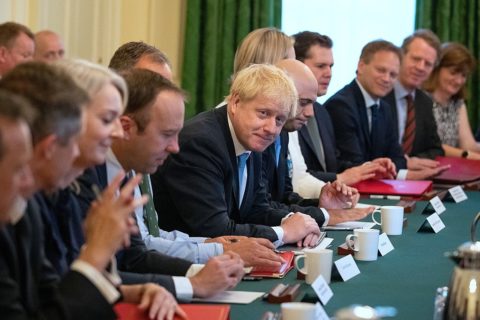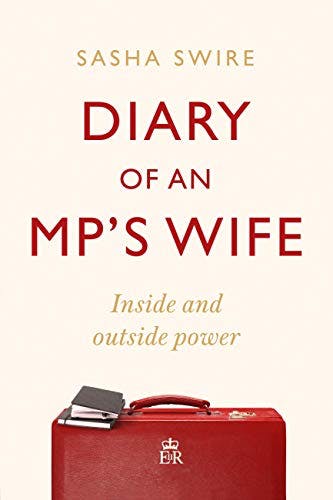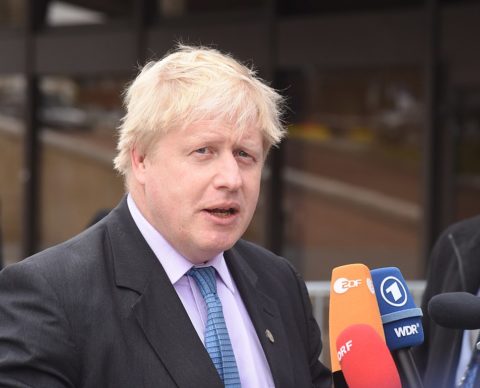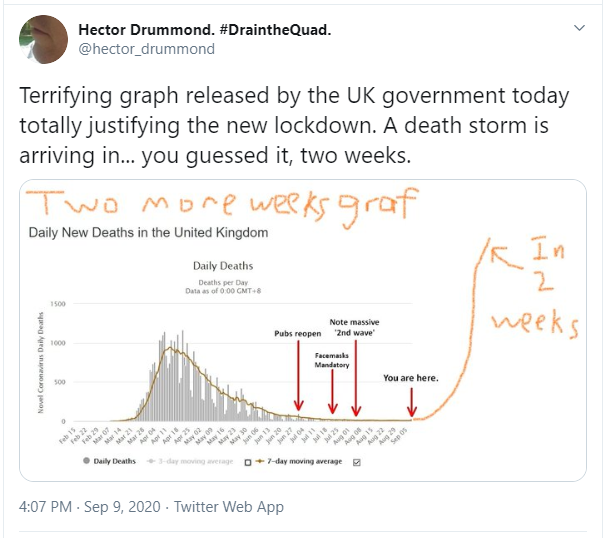Bella Wallersteiner on the vast difference between Boris Johnson’s hopes for his premiership and the actual role he’s been playing:
A year has passed since the British public accepted lockdown as the best way to combat the spread of the novel coronavirus, yet we are still living under the strictures of the Coronavirus Act.
In the name of virus protection, we have experienced a level of authoritarianism not seen in this country since the time of Oliver Cromwell – restrictions on freedom of movement, forced closure of businesses, and prohibitions on weddings and funerals have challenged many of our most cherished beliefs about the limits of government power, while the ban on large gatherings means we cannot even legally protest them.
Today, as we mark the anniversary of the first lockdown, we would do well to reflect on just how compliant we have become to what were intended to be “emergency” powers.
Cheery platitudes have ranged from “we’re all in this together” and “we’ll send this virus packing” to the hopelessly inaccurate “it will all be over by Christmas”. But history tells us that governments tend to hold on to additional powers far longer than is necessary.
The Defence of the Realm Act of 1914, for example, granted the government wide-ranging powers in the name of public safety, including heavy censorship of the press and the introduction of rationing. Pub licensing laws remained in place for decades, only relaxed in November 2005.
The Second World War brought The Emergency Powers (Defence) Act 1939 which ceded immense regulatory powers to the government, including provisions “for the apprehension, trial and punishment of persons offending against the Regulations and for the detentions of persons whose detention appears to be expedient to the Secretary of State in the interest of public safety or the defence of the realm”. The Act was finally repealed on 25th March 1959, but the last of the Defence Regulations (which included the maintenance of public order) was not lifted until 31st December 1964.
















